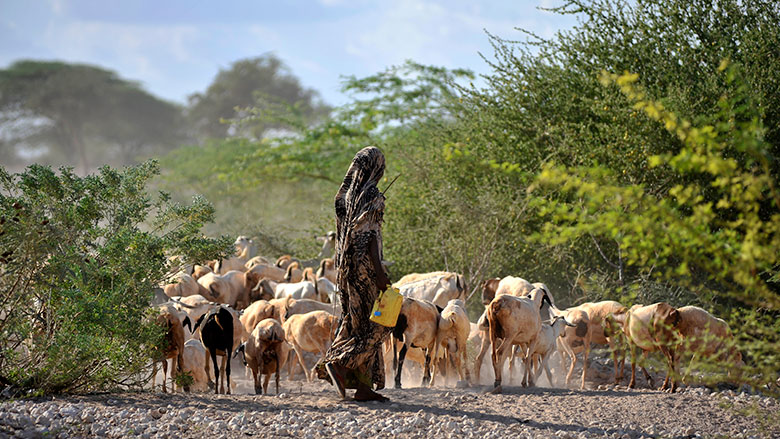
Economic growth in the Horn of Africa: Identifying principal Drivers and Determinants
The Horn of Africa countries had poor economic growth for many decades before the 2000’s. Various studies were conducted to uncover the factors responsible for the poor economic performance and divergence from the developing regions. Opinions varied, however, on why the countries in the Horn sub-region have been some of the poorest in the world. In identifying growth determinants in the subregion, a diagnostics approach is applied, which reveals that limited access to finance (from both domestic and external sources), low domestic savings, weak infrastructure, and inadequate human capital are the most significant constraints on economic growth in the sub-region.
Removing these constraints can lead to higher economic growth, as the adopted approach assumes stronger multiplier impact of removing the binding constraints. Specifically, the sub-region should work to reform the financial sector so as to mobilize the required finance for both private and public investment projects. Infrastructure development should be another priority for governments. Moreover, the level of human capital in the sub-region is very low, suggesting a need for strong commitment to improve access to quality education at all levels. International development partners would be well advised to channel their technical and financial assistance to address the most binding constraints of growth.
By: Ali I. Abdi (PhD) and Emerta A. Aragie (MSc)
